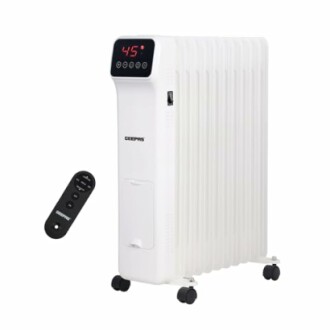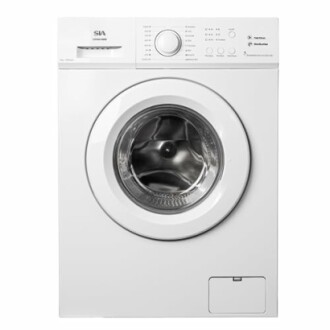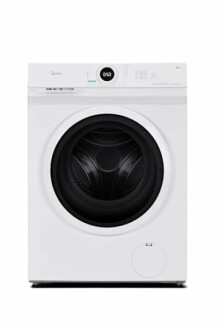
Buying the Best Energy Efficient Heater for Winter
Key Takeaways
- Identify the type of heater that fits your needs: electric, gas, or oil-filled.
- Check the energy rating, aim for A or above for maximum efficiency.
- Consider features like programmable timers, safety switches, and ease of mobility.
- Compare heaters based on performance, energy consumption, and additional benefits.
As winter approaches, keeping our homes warm and cozy becomes a priority. Choosing the right energy-efficient heater not only ensures comfort but also minimizes energy bills. This guide will help you navigate through various types of heaters and what features to consider before making a purchase.
Types of Energy Efficient Heaters
Understanding the different types of heaters available is essential for selecting the best one to suit your needs. Below are the common types:
- Electric Heaters: Quick to warm up and easy to use, these heaters are available in various styles such as fan heaters, convection heaters, and infrared models.
- Gas Heaters: These are powerful alternatives for larger spaces, providing heat through natural or propane gas. They are very efficient but require proper ventilation.
- Oil-Filled Radiators: Ideal for long-term heating, these heaters maintain warmth for extended periods, even after being turned off.
Energy Ratings and Efficiency
When it comes to heating efficiency, looking at energy ratings is crucial. The energy efficiency rating indicates how much power a heater consumes compared to the heat it produces. Look for A or higher ratings to ensure optimal performance.
Benefits of Energy Ratings
- Lower energy costs, which leads to significant savings over time.
- Reduced carbon footprint, contributing to environmental sustainability.
- Extended equipment lifespan through efficient operation.
Key Features to Consider
Not all heaters are created equal. Here are some key features to look for when purchasing an energy-efficient heater:
| Feature | Description |
|---|---|
| Programmable Timer | Allows you to set the heater to turn on and off at specific times, enhancing convenience and efficiency. |
| Safety Features | Look for heaters with overheat protection, safety shut-off switches, and child safety locks. |
| Portability | Some heaters come with wheels or handles, making them easy to move around your home. |
| Noise Level | Consider how quiet a heater operates, especially if you plan to use it in bedrooms or quiet spaces. |
With these features in mind, let's explore some of the best energy-efficient heaters you can consider this winter.
Top Energy Efficient Heaters
Geepas 2500W Digital Oil Filled Radiator
Geepas 2500W Digital Oil Filled Radiator
This energy-efficient electric heater offers exceptional warmth with three heat settings and a user-friendly remote control for added convenience.
Learn MoreSIA 6kg 1000RPM Washing Machine
SIA 6kg 1000RPM Washing Machine
With a capacity of 6kg, this washing machine is energy-class efficient and perfect for everyday laundry in smaller households.
Learn MoreMidea MF10EW80BA Freestanding Washing Machine
Midea MF10EW80BA Freestanding Washing Machine
This powerful washing machine features a load capacity of 8kg and a range of efficiency-focused features including steam care and an energy-saving motor.
Learn MorePros and Cons of Energy Efficient Heaters
Pros
- Reduced energy bills thanks to lower consumption.
- Environmentally friendly options available.
- Variety of features for customization and convenience.
Cons
- Initial purchase costs may be higher for efficient models.
- Some heaters may require regular maintenance.
- Noise levels vary; some models are quieter than others.
Conclusion
Choosing the right energy-efficient heater can make a significant impact on your home comfort and energy bills. By considering the types, energy ratings, and key features mentioned in this guide, you can confidently select a heater that suits your needs this winter. For more insights on energy-saving devices, check out our resources on energy efficient water heaters and eco-friendly appliances.
Additional Resources
Explore our other articles for more information:



